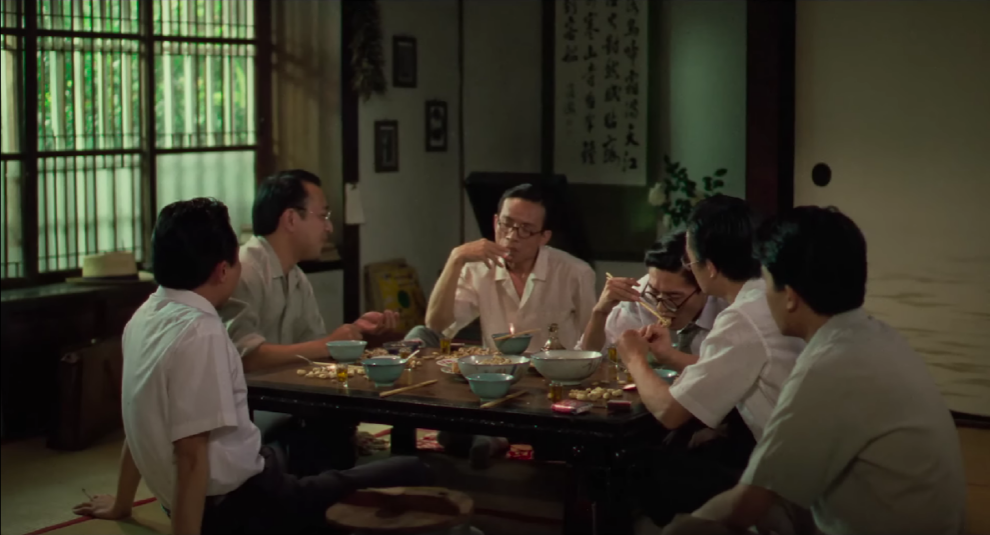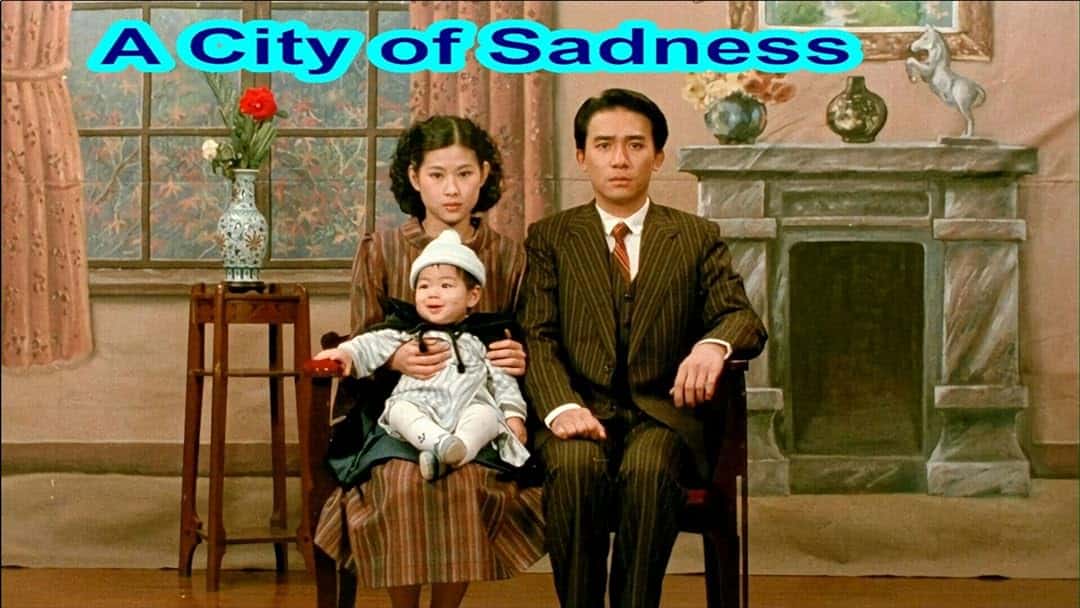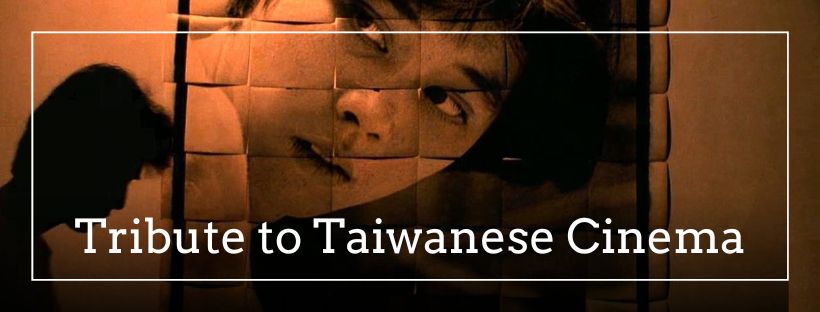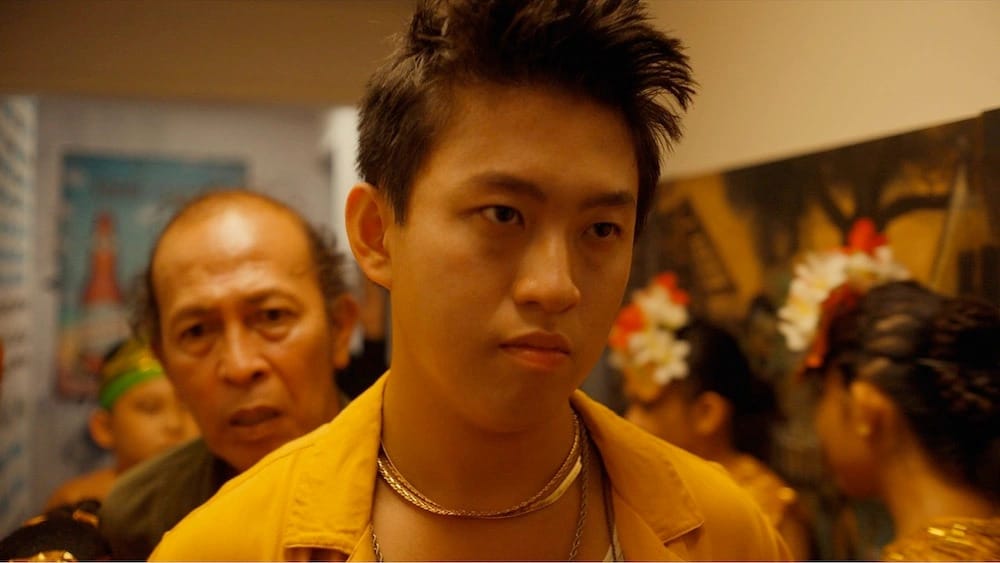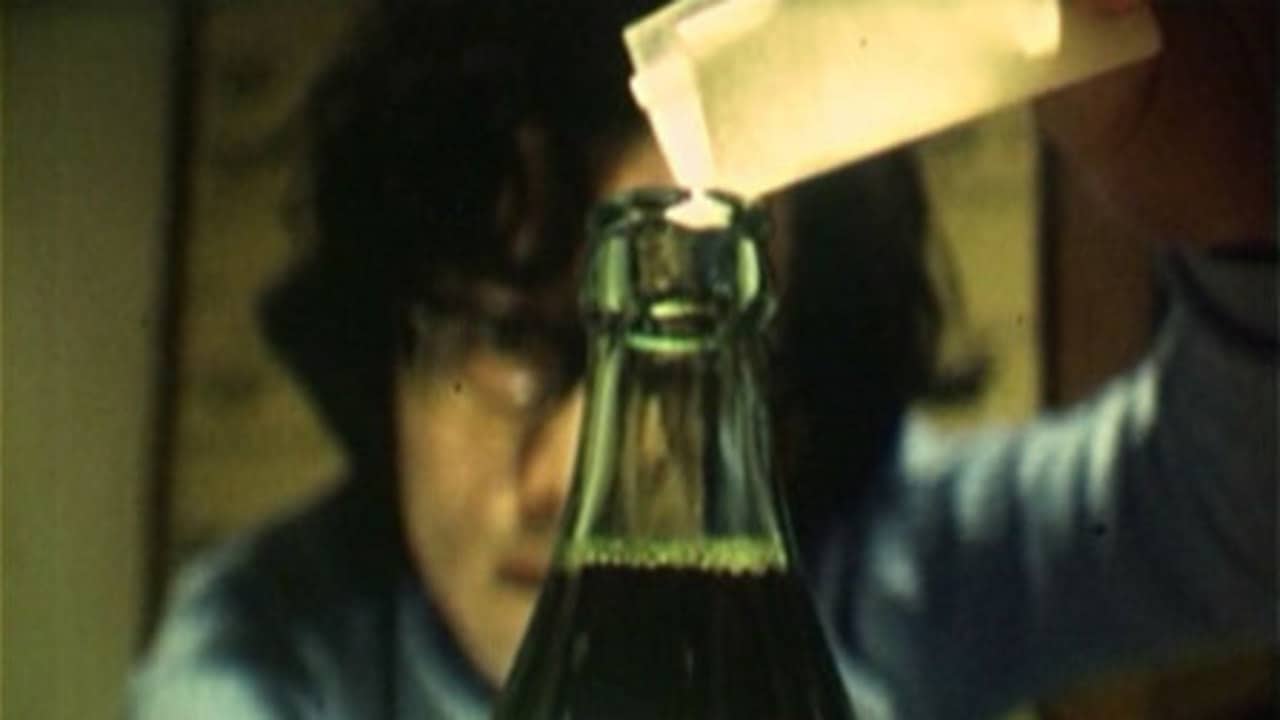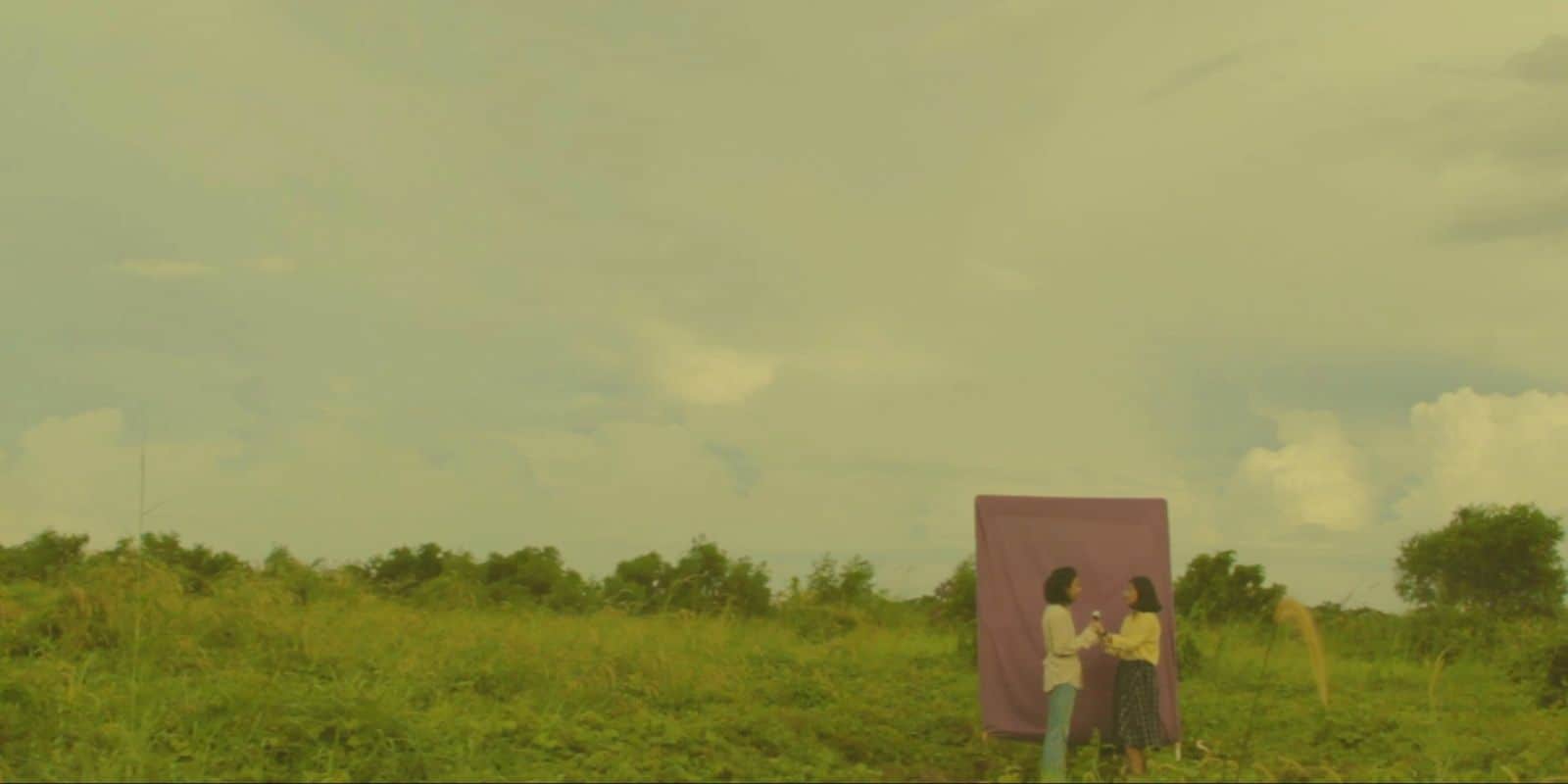“A City of Sadness” is a critically acclaimed historical drama directed by Hou Hsiao-hsien. It was awarded numerous times, notably at the Venice Film Festival and the Golden Horse Film Festival. It is also worth mentioning that “A City of Sadness” was the first Taiwanese movie to win the Golden Lion. Moreover, it was chosen as Taiwan's submission for the Best Foreign Language Film category at the 62nd Academy Awards, though it did not get a nomination. In 2023, the restored version of the film was released in cinemas in Taiwan and Hong Kong, among others.
The story, written by Chu T'ien-wen and Wu Nien-jen, shows the consequences of political change in Taiwan in the 1940s by delving into the tales of two families living near Taipei. In the first one, the eldest of four sons (Chen Sung-young) owns a restaurant and a trading company. As the movie begins, he reflects on the misfortunes of his brothers – one (Jack Kao) is traumatized by the war, another went missing in the Philippines while serving the Empire of Japan, and the youngest (Tony Leung Chiu-wai) is deaf and works as a photographer. The second family consists of two siblings – Hiromi (Hsin Shu-fen), who works as a nurse, and Hiroe (Wu Yi-fang), a leftist intellectual. The love between Hiromi, whose diary provides the voice-over, and Lin Wen-ching, serves as the intersection of these families.
Check also this article
Hou Hsiao-hsien decided to show the political situation of Taiwan during that time through the perspective of ordinary people. This approach makes the story seem very personal but also a bit subjective. It presents the events in a quite complex and subtle manner, making it challenging to follow. The audience needs to be attentive as the film smoothly transitions between characters and storylines.
Violence and injustice are, for the most part, off-screen elements. This also applies to a crucial component of the whole narrative, as the director opted not to explicitly show the large-scale protests that were brutally repressed by the government at the time. Instead, viewers can only listen the main protagonists' discussions about politics, and see how injured citizens appear in the hospital. Furthermore, the director minimally depicts the antagonists – they exist simply as voices on the radio or as characters without any close-up shots.
Not without significance is the use of five languages (Taiwanese, Japanese, Mandarin, Cantonese, Shanghainese) – such a high number may indicate an identity crisis of Taiwanese people. Diversity and lack of understanding between cultures are heightened in scenes where the presence of a translator is necessary for effective communication.
The large number of characters results a number of them not getting adequate amount of screen time. However, it doesn't hinder the actors from creating characterizations that are rich in depth and ambiguity. Especially the performances of Chen Sung-young and Tony Leung Chiu-wai are memorable. The former convincingly portrays the frustration caused by systemic injustice in his character. Meanwhile, the latter beautifully embodies the deaf individual, which evokes the silence imposed by the Kuomintang regime.
The cinematography, skilfully executed by Huai-En Chen, is distinguished by controlled and well-orchestrated long takes. These shots seamlessly blend moments of revelation with melancholy and intriguing opacity, creating an astonishing visual experience. Only the fight scenes seem a little chaotic, awkward, and of lower quality. An excellent complement to this carefully composed visual layer is the music by the band S.E.N.S., particularly the two recurring motifs: “A City of Sadness” (which is also the opening theme) and “Hiromi”.
“A City of Sadness” does not depict the complexity of the political situation in an exhaustive manner, therefore some reading about the historical context might be helpful in fully appreciating this piece of art. Nonetheless, the movie captures the crucial element of how a regime change affects ordinary citizens. Picturing a very difficult period of Taiwan's history, it can certainly be considered one of the most important films, not only by Hou Hsiao-hsien, but in Taiwanese cinema in general.


